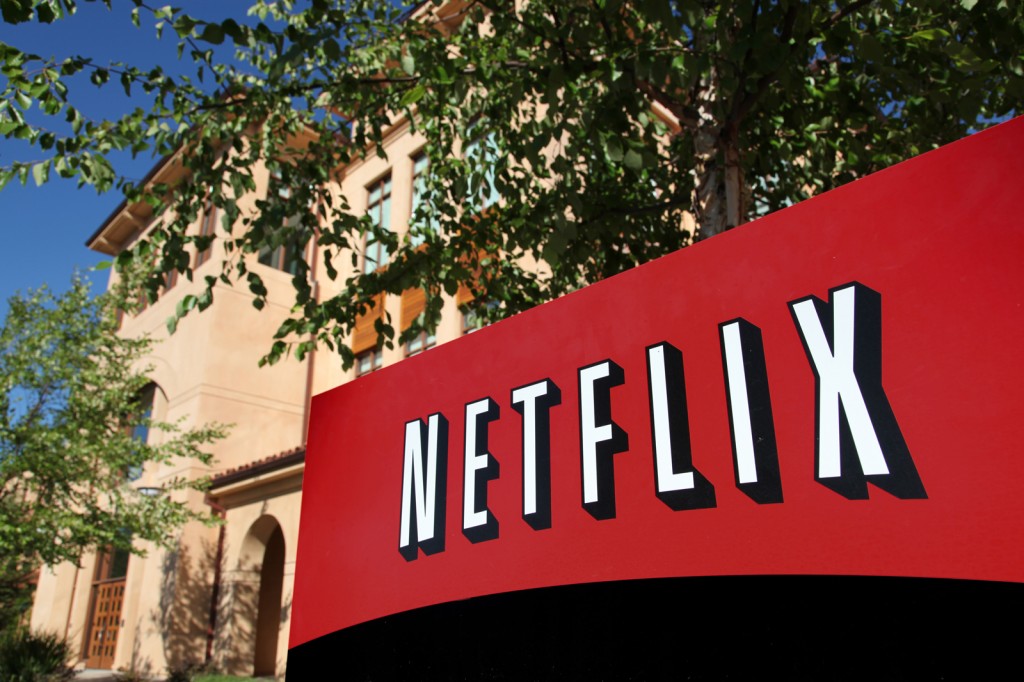Judith Richardson and Charles Le Pierrès, owners of Montreal-based clothing company- Judith & Charles, seem to know how to enter a competitive market and be successful in it. Instead of manufacturing their clothing oversea like most other clothing stores, it chooses to parter with local factories and have their products made in Canada.
Why would the couple choose to spend more money on production when they can have their apparels made-in-China and earn more profit? Are they making the right choice? I believe they are.
“Judith & Charles” has most of their clothes made locally in Canada. To customers, this adds a special value to the clothing since nowadays, what is not made-in-China? The company supports the Canadian economy preventing money to flow outside the country and furthermore, with products made locally, it creates a smaller carbon-footprint.
Benefits of the “made-in-Canada” strategy extends beyond creating a special value proposition for the corporation. Manufacturing locally also enables the company to have fast low volume productions.
I believe that “Judith & Charles” definitely has the potential to expand in the fashion industry.
Reference:
http://www.theglobeandmail.com/report-on-business/small-business/starting-out/made-in-canada-strategy-suits-high-fashion-duo/article14887362/










